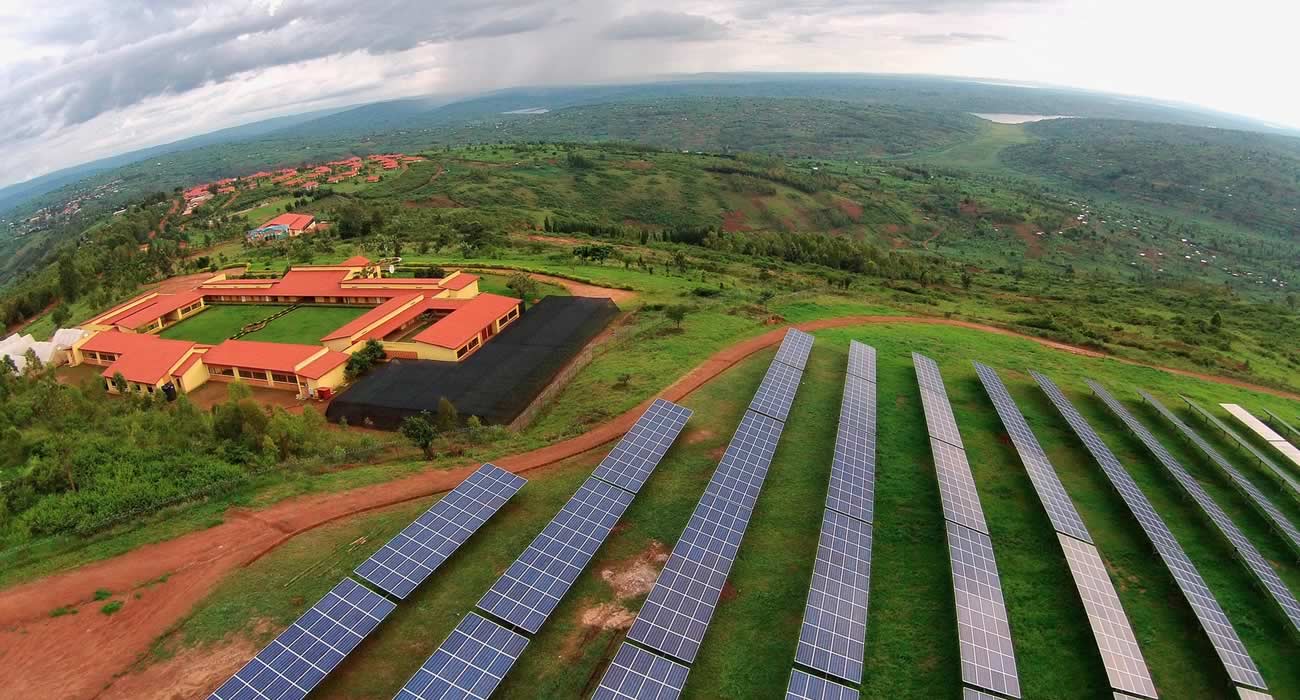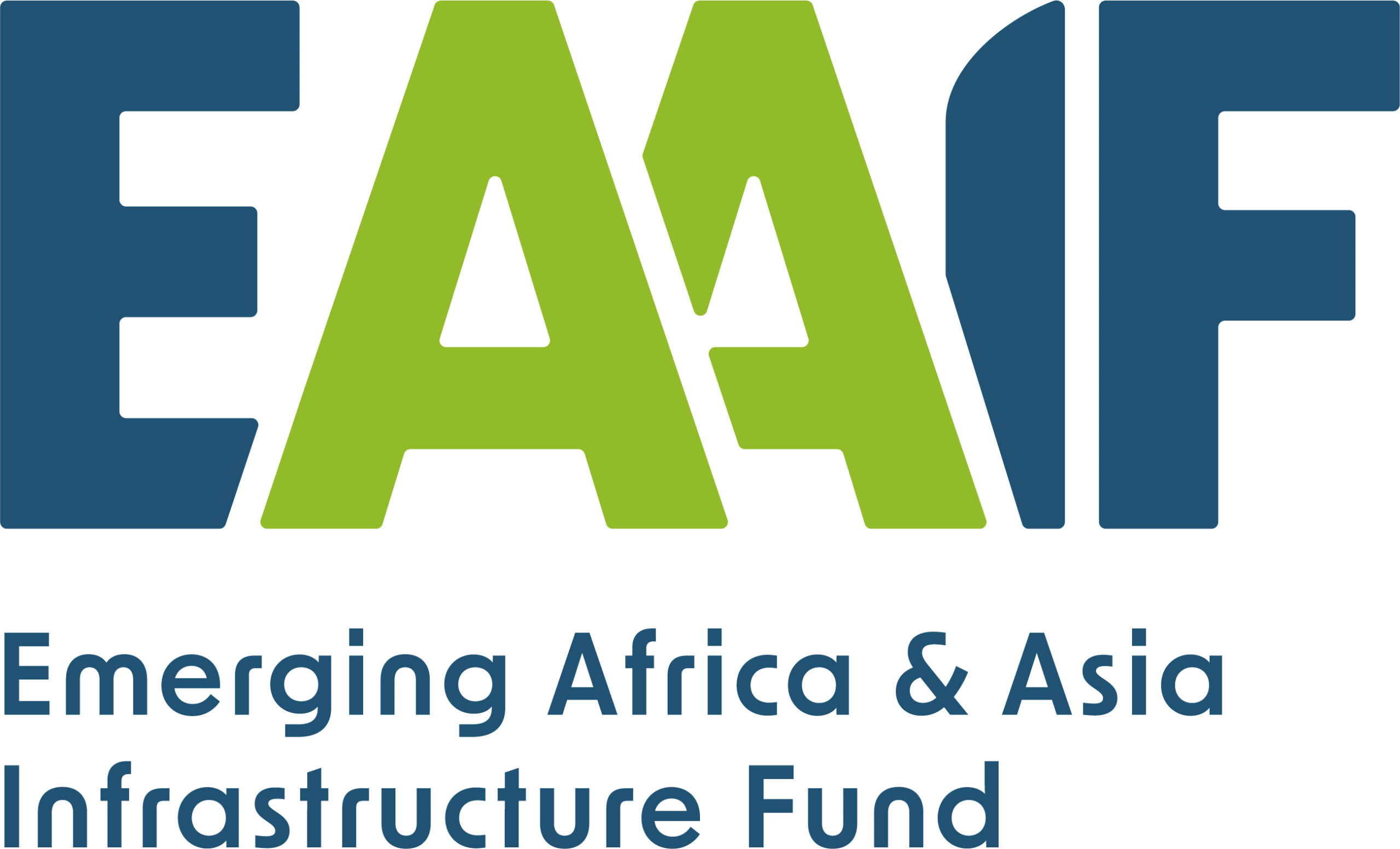
Life-changing infrastructure helps 31m people in Africa and Asia
The Private Infrastructure Development Group opened up access to life-changing infrastructure designed to boost economies and combat poverty for 31 million people, last year.
The group’s success was in part down to its focus on building power plants, which account for up 50% of its work, according to PIDG’s Annual Report 2016: infrastructure, transforming economies, changing lives.
PIDG chief executive Philippe Valahu said: “Energy is key to unlocking barriers to improving people’s lives.
“By providing reliable, affordable power in remote places, hospitals, schools and small businesses, PIDG is having a strong transformative effect.”
The organisation, which catalyses private investment in infrastructure in the frontier markets of sub-Saharan Africa and south and south-east Asia by blending it with public finance, raised $23 for every $1 donated from its eight members.
That money is then invested, through PIDG’s companies, in projects including renewable energy farms, telecoms, transport, industrial infrastructure, agriculture, housing and waterworks.
PIDG’s ability to leverage the funds it gets from seven countries and the World Bank means its impact is felt by people living in the most fragile areas.
Among other key achievements in 2016 PIDG saw:
• $2.6bn mobilised from private sector investors and DFIs
• 18 projects reach financial close, 13 of which are in fragile and conflict-affected states
• 7,404 long-term jobs created.
Father-of-two Kenneth Osike, 24, who is a labourer at PIDG project Tororo solar, in Uganda, said: “In 2016 there was a long drought which caused a famine.
“Because I was working in the solar project I was able to feed my family. With the rest I have bought a cow, I’ve grown some crops, like rice, groundnuts, and I’ve planted some trees.”
“That is how we survived the famine.”
To view PIDG’s Annual Report 2016 go to www.annualreport.PIDG.org.
